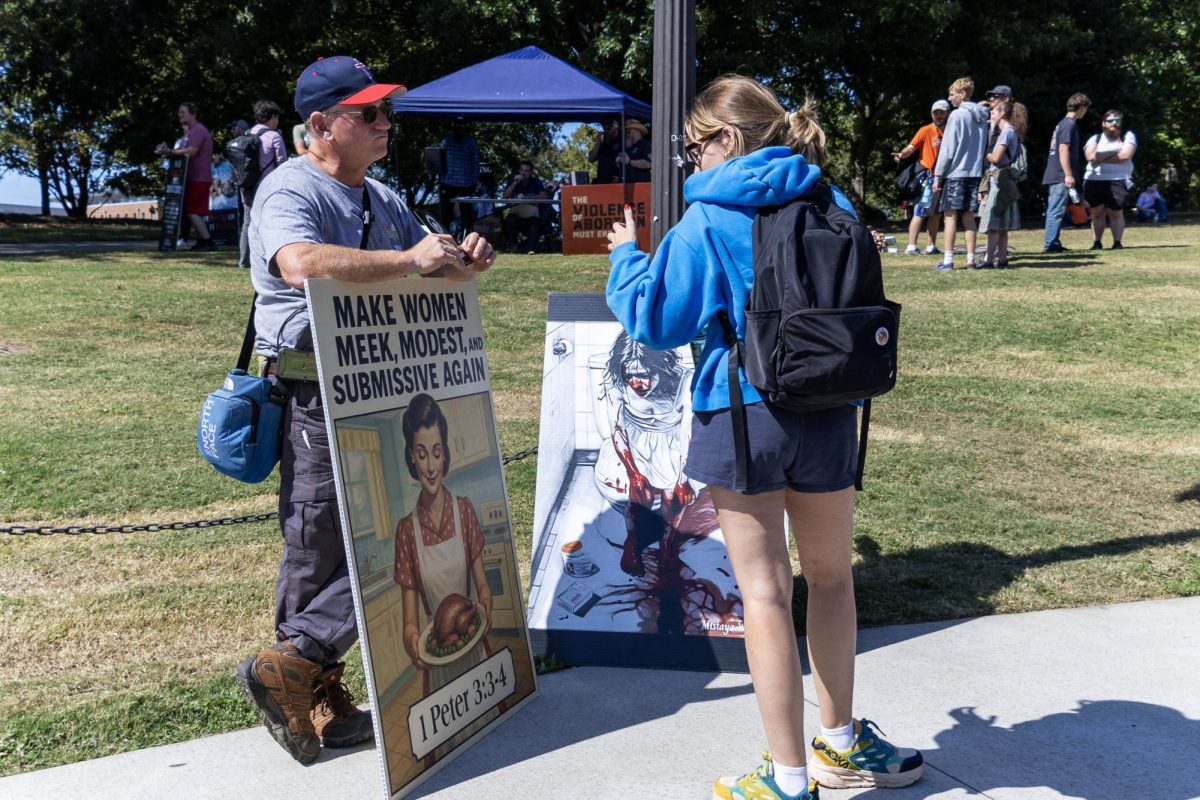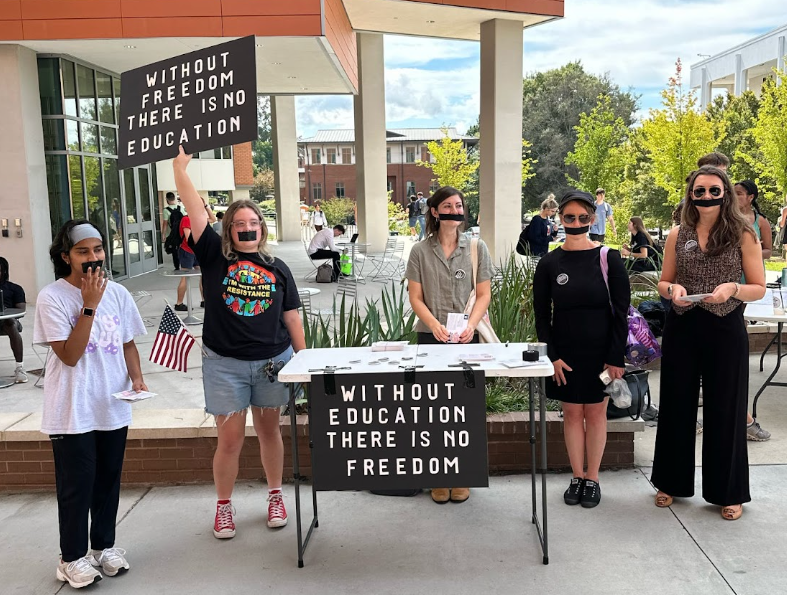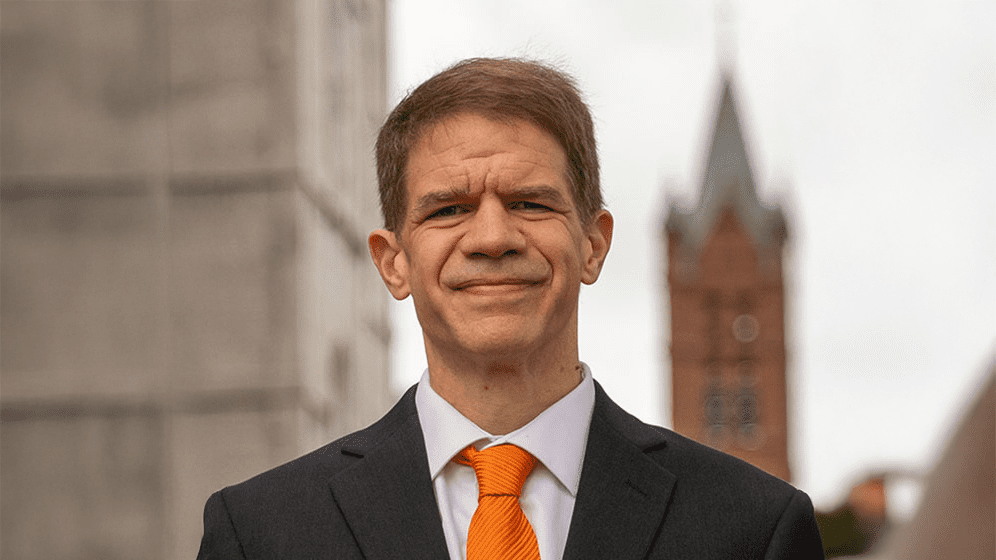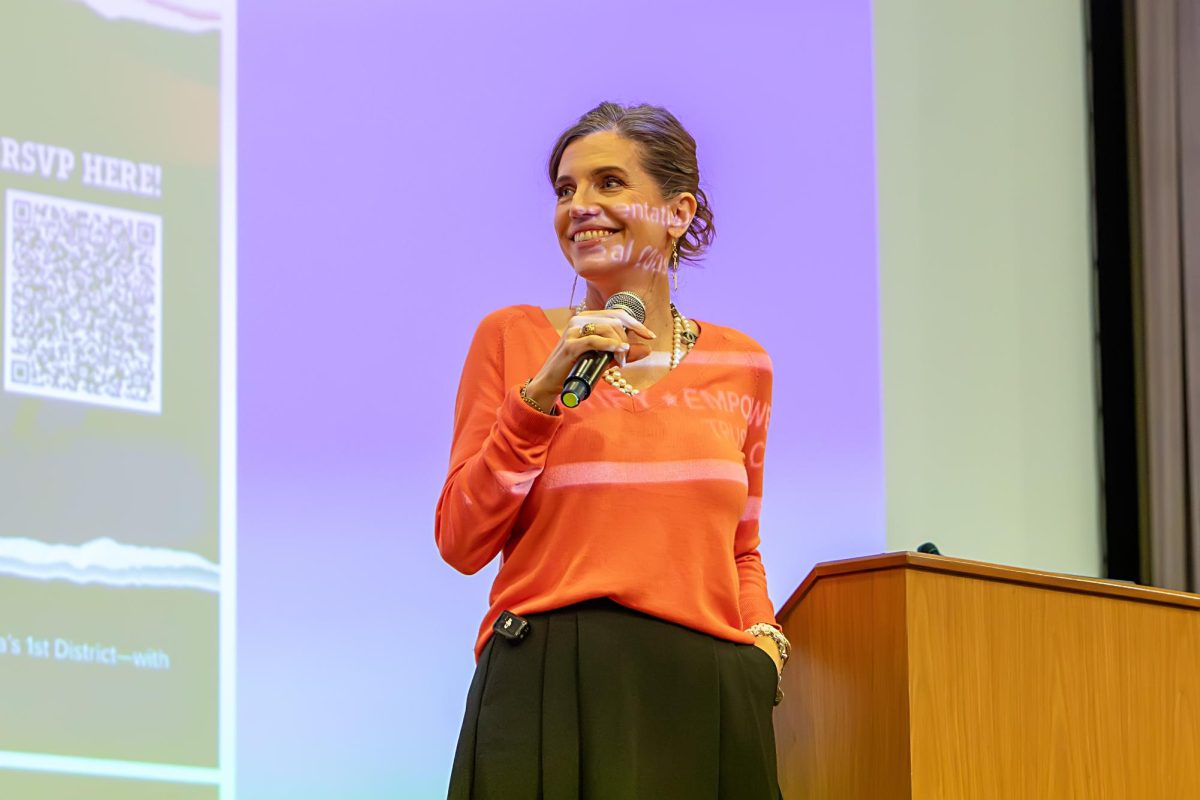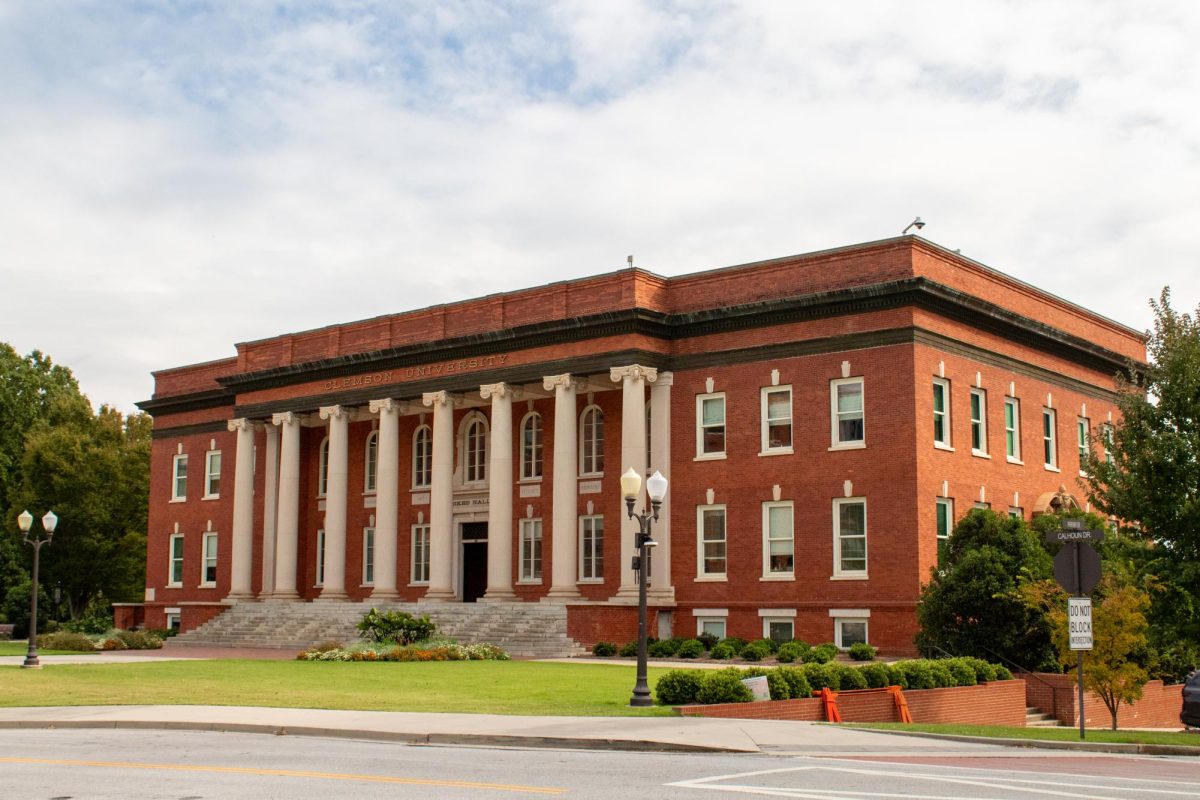Six months into the COVID-19 pandemic, some members of the Clemson Undergraduate Student Senate feel they have not been appropriately included in the decision-making process by University administration in efforts to safeguard students against the virus.
“If Clemson is planning to be realistic, they first of all need to start engaging with student government in a meaningful and collective way,” said Geoff Gilson, a senator who has been pushing for more active communication between the student body, student government and University administration.
Other senators supported this perspective. “Clemson made this decision to go online, and we were all very disheartened that the administration did not ask us for input,” said senator Wilson Bialecki.
However, University officials are defending their efforts to keep Clemson Undergraduate Student Government (CUSG) informed, especially its top leadership.
“We believe that we have done a very good job of keeping them informed when we have issues, when we have outbreaks, all those kinds of things,” said Dr. Chris Miller, Dean of Students and Interim Vice President of Student Affairs. “We are quick to meet and consult with the executive leadership.”
Even CUSG, representing more than 19,000 undergraduate students, has been divided over how best to handle communication of student opinions. After debate, the Clemson Undergraduate Student Senate declined to release a statement in support of or against campus reopening.
Similar struggles have occurred at other universities around the country where students are fighting to make their voices heard among the chaos. The University of Iowa student government called for a shift to online learning for the fall semester in an official letter to administrators on Aug. 4. The student government at the University of Wisconsin-Madison released an official statement on Sept. 4, also calling upon its university officials to shift to online instruction.
In order to get a full picture of CUSG’s involvement in pandemic decision-making, we have to go back to June. A Q&A session between the Senate and the administration was scheduled for June 22, but senators received notice in an email from Hunter Bond, the Senate President, that the session was cancelled just a few hours before it was set to begin.
“Unfortunately, I have to deliver the news that tonight’s meeting has been canceled” the email reads. “General Counsel has informed me that we are not allowed to have a discussion with the administration as Senate without having it completely accessible to all students.”
In a Sept. 9 interview with The Tiger, Miller cited a procedural problem when asked about the abrupt cancellation. “I expressed some concerns very early in the process that if you say it’s a Senate meeting, and if in fact that meeting is closed to the rest of the student community, it becomes a significant problem.”
The Senate body was finally granted its request to engage with University officials at the undergraduate student town hall on July 29. Gilson said members of the Senate were under the impression that students would be able to attend and pose questions directly to administrators. They were informed that students would instead be allowed to watch a Facebook livestream of the town hall.
“We notified the [student] government early on to provide us with any questions that they may have. We didn’t necessarily have the bandwidth for a meeting with all those people,” said Miller.
Philip Sikes, Communications Director for Student Affairs, explained further. “We probably should have called it, in retrospect, a virtual staff meeting because it wasn’t a true town hall where there is that back and forth. By prepopulating [the meeting agenda], I think it allowed us to get in as many questions as we could in the 90 minutes we had for the town hall.”
When asked how the Clemson administration is ensuring that student voices are heard and considered, Miller pointed out University officials’ continued communication with student government leaders throughout the process. “We had great support from the executive leadership [of student government] from day one and we have engaged them on, I would say, all matters involving COVID-19.”
After the undergraduate student town hall, senator Carson Wood and Gilson put forth a resolution intended to spark debate about the format of student education after Sept. 21, when Clemson University is set to begin instruction of in-person classes. Senate Resolution 6, or SR06, would have announced the Senate’s official stance on campus reopening. Following discussion during the Senate meeting on Aug. 31, the Senate body voted to table the resolution, with a slight majority of senators preferring to refrain from releasing an official statement.
This decision was reached only after an hour-long debate in which senators discussed the two options presented in the resolution: hybrid education and online education. Much of the debate, however, focused on the pros and cons of releasing such a statement at all.
Student body president Jonathan Gundana expressed his concerns, saying “I do not believe that an official stance from the Senate body is beneficial to the student body or student government as a whole for many reasons.” He cited lack of medical expertise among the Senate body, lack of representation from the freshman class and the absence of a poll to indicate the opinions of the student body as a whole.
Student body vice president Emma Canedo offered her point of view, saying “Simply put, the purpose of CUSG is to speak on behalf of the student body, and I think releasing a statement that does not consult all of the student body and taking one side would be a disservice as leaders in CUSG.”
Bialecki spoke of Clemson’s decision to shift to online instruction until Sept. 21, echoing Gundana’s concerns over the absence of accurate data to gauge student opinion. “[N]ot two months ago, Clemson made this decision to go online, and we were all very disheartened that administration did not ask us for input, yet here we are with a resolution with no polls, surveys, or town halls…we have no idea what the general students are thinking.”
With so much discussion of the Senate body’s inability to represent such a large and varied student population, why then has the administration continually consulted the executive leadership of the student government rather than the larger and more representative Senate body?
Miller says it is simply a matter of feasibility. “[I]t would be very challenging for us to engage 60, 70 senators on any given topic, which is why there is executive leadership within those bodies.”
Following the tabling of Senate Resolution 6, Gilson continued to push for more engagement between students and administrators, as well as a transparent discussion of the medical data used in the decision-making process and clear and concise messaging about testing requirements.
On Monday, Sept. 7, the Senate body was granted its request for a medical briefing. University officials discussed the projected infection rate, which currently sits at around 25% of the student body, and Provost Bob Jones added that around 600 beds have been secured for student quarantine spaces. The livestream of the Sept. 7 medical briefing can be found here.
“Since the COVID crisis erupted, I have labored tirelessly to encourage Clemson administration to include the views of the student body, through its student government, in a meaningful and collective way,” said Gilson. “Not just because it’s democratic, not just because we contribute 35.5% of the Clemson operating budget. But because it makes sense. We are the best way Clemson has of understanding the likely opinions of the student body.”
Gilson emphasizes that all views are his own and do not represent the views of the entire Clemson Undergraduate Student Government.
The CUSG Senate encourages students to reach out with their thoughts and opinions at the following email address: [email protected].




